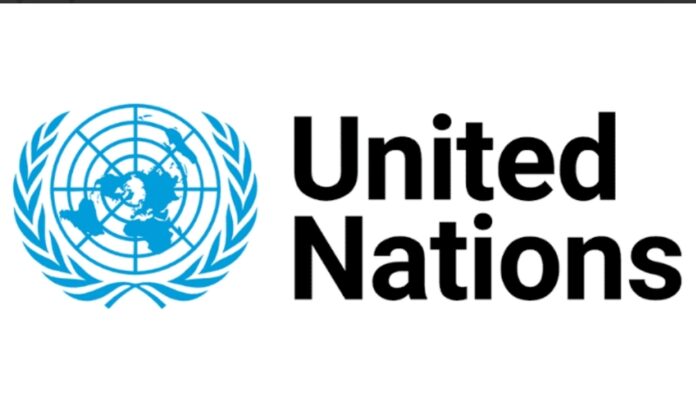Abuja, Nigeria – In a compelling call to action, experts at a recent national conference emphasized the crucial role businesses play in promoting human rights across Nigeria. The event, which brought together key stakeholders from the private sector, government, and civil society, underscored the importance of ethical conduct and social responsibility in corporate operations.
Beyond Compliance: Ethical Business Practices
“Businesses play pivotal roles in promoting human rights in Nigeria, a responsibility that extends beyond mere compliance with legal standards to embodying principles of ethical conduct and social responsibility,” stated Dr. James Okoye, a prominent human rights advocate, in his keynote address. He highlighted that the Nigerian constitution provides a robust legal framework that safeguards fundamental human rights, and businesses are expected to align their operations within this framework.
Dr. Okoye noted that while adherence to legal standards is essential, businesses must also proactively foster environments that respect and uphold human rights. This includes implementing fair labor practices, ensuring safe working conditions, and engaging in environmentally sustainable operations.
National Action Plan on Business and Human Rights
The Nigerian government has taken significant steps to institutionalize these principles through the development of a National Action Plan on Business and Human Rights. This plan operationalizes the UN Guiding Principles on Business and Human Rights, providing a structured approach for businesses to mitigate and redress human rights violations related to their operations.
“This plan outlines specific roles and responsibilities for businesses aiming to mitigate and redress business-related human rights violations,” Dr. Okoye elaborated. He urged businesses to integrate these guidelines into their corporate policies and practices, emphasizing that doing so is not only a legal obligation but also a moral imperative.
Addressing Human Rights Violations in Business
Mr. Ahmed Munir, Chairman of the House of Representatives Committee on Commerce, decried the prevalence of human rights violations in the business sector. He pointed to issues such as the inadequate payment of minimum wage and the poor implementation of environmental protection policies as significant concerns.
“Human rights violations within the business space lead to corruption, warning that if not tackled early it can promote sharp practices,” Munir warned. He highlighted that neglecting human rights in business operations can exacerbate corruption and other societal ills, posing a potent threat to social stability and economic development.
“Human rights violations are relative to corruption and can pose a more potent force to societal malady; this is why human rights should be respected in the business space,” Munir added, urging businesses to adopt comprehensive strategies to address these issues.
The Role of Corporate Social Responsibility
The conference also shed light on the broader concept of Corporate Social Responsibility (CSR), emphasizing that businesses have a duty to contribute positively to society. This involves not only compliance with legal requirements but also proactive efforts to enhance the well-being of employees, communities, and the environment.
Experts called on businesses to invest in community development projects, support education and healthcare initiatives, and engage in practices that promote environmental sustainability. By doing so, companies can build stronger, more resilient communities and foster trust and goodwill among stakeholders.
A Call to Action
As the conference concluded, there was a unanimous call for businesses to take a more active role in promoting human rights and ethical practices. Participants agreed that while significant progress has been made, much work remains to be done to ensure that all businesses operate in a manner that respects and upholds human rights.
“Businesses have the power to drive positive change in society,” Dr. Okoye concluded. “By embracing ethical practices and prioritizing human rights, companies can not only enhance their reputation and profitability but also contribute to a more just and equitable society.”
Future Directions
Looking ahead, the Nigerian government, in collaboration with civil society and international partners, plans to continue promoting the National Action Plan on Business and Human Rights. There will be ongoing efforts to monitor compliance and provide support to businesses in implementing human rights-based approaches.
The conference served as a reminder of the shared responsibility among all sectors to uphold human rights and ethical standards in business operations. It highlighted the need for continued dialogue, education, and collaboration to achieve these goals and ensure a sustainable and inclusive future for all Nigerians.


